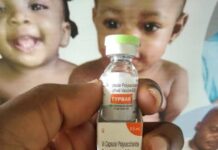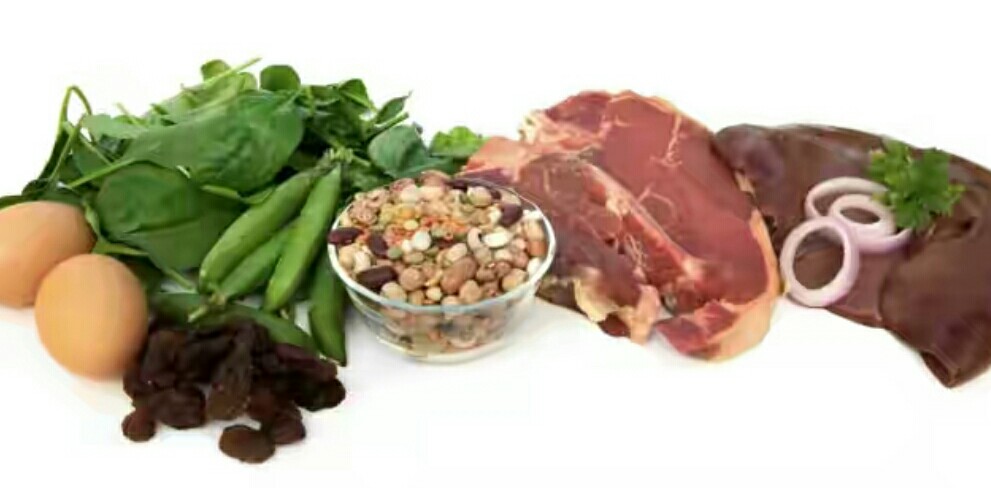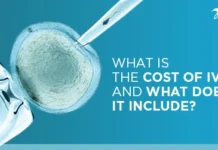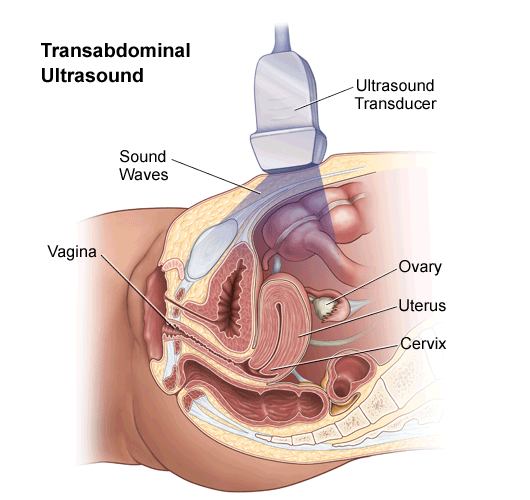An article on: List of Nigerian foods rich in iron, Nigerian foods rich in iron for pregnancy, Nigerian vegetables rich in Iron, Nigerian foods for blood building, Nigerian foods that increase blood production and red blood cells.
The most common form of anaemia is the iron-deficiency anaemia. If you don’t know what that is, let me quickly define it. It is a decrease in the number of red blood cells caused by too little iron in your body. When we don’t have enough iron that is sufficient to produce enough haemoglobin, then there is a problem. From our high school Biology, we can recall that haemoglobin a substance in red blood cells that gives them the capacity to carry oxygen to the tissues in the body, including muscles and brain tissues. So, you see how important iron is.
Iron-rich foods can help combat this type of anaemia for us. Depletion of iron could occur for a number of reasons – In menstruating women, genitourinary blood loss often accounts for increased iron loss and hence requirements, blood donation results in the loss of 200 to 250 mg of iron.
List of Foods That Are Very Rich In Iron
How much iron the body needs daily depends on our age. Infants need more iron than adults, in general, because their bodies are growing at a more rapid rate. For children, boys and girls need the same amount of iron — 10 milligrams daily from ages 4 to 8, and 8 mg daily from ages 9 to 13.
For the purpose of this post, we are going to set the Daily value or minimum daily requirement at 18mg because this is the highest value for daily requirement for anyone. Oh, sorry I mentioned that women need more iron because they lose blood each month during their period. That’s why women from ages 19 to 50 need to get 18 mg of iron each on a daily basis, while men of the same age range can do with only 8 mg.
List of Nigerian foods rich in iron
Below are list of foods that we should add to our diet to continue to sufficiently supply our body with the required amount of iron and red blood cells daily;
1. Meat and Poultry
This include Lean beef, Veal, Pork, Chicken, Turkey, Liver (except fish liver). All these foods are rich in iron and many of us eat them almost everyday – unless you are a vegetarian. For example, a 100g serving of these meats would supply about 23mg of iron, which is 129% the DV.
Vegetarians also derive their own iron from sources such as vegetables. Many vegetables are also very rich in iron.
2. Seafoods
Seafoods such as Fish, Mussels and Shellfish are not just delicious, they are also very rich in iron. We still wrote about how crabs help to improve brain power and memory. They are always very great. They are in fact richer than the meats listed above in iron and you should eat them, unless you are allergic to some of them.
For example, any of these sea foods would give you 28mg of iron per 100g serving. Wait, before you say it is not really different from that from meat at 23mg, this is 155% of daily Value.
3. Iron rich Vegetables
Dark green leafy vegetables of all kinds, Tofu, Broccoli, Sweet Peas, Brussel Sprouts, Kale, Bean Sprouts, Tomatoes, Lima Beans, Potatoes, Green Beans, Corn, Beets and Cabbage will supply you with iron when you eat them but not as much as the two groups of food mentioned above.
You need to eat more of these vegetables to get the amount of iron supplied by the foods listed above. For example, 100g of the dark leafy green vegetables such as spinach will only supply about 3.6mg iron. This is just 20% of the daily value. 100g serving of the beans will give you 3.7mg (21% DV).
I think we do a good job of eating much beans in this part of the world but still need to improve on our level of consumption of vegetables. Yes we cook vegetables such as spinach and Cochorus olitorius (Ewedu) but these are the cooked one, we should take more of the fresh ones like Cabbage, Spinach, Cucumber, etc.
It is also recommended that people that want to increase their iron intake eat foods high in vitamin C because one of its functions is to help the body absorb iron.
~Adeleke Olusegun Olaoluwa
Culled from: Tropical College of Nursing and Midwifery, Lagos, Nigeria
























